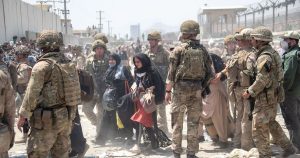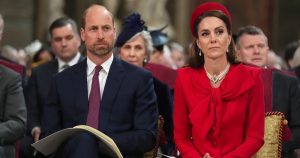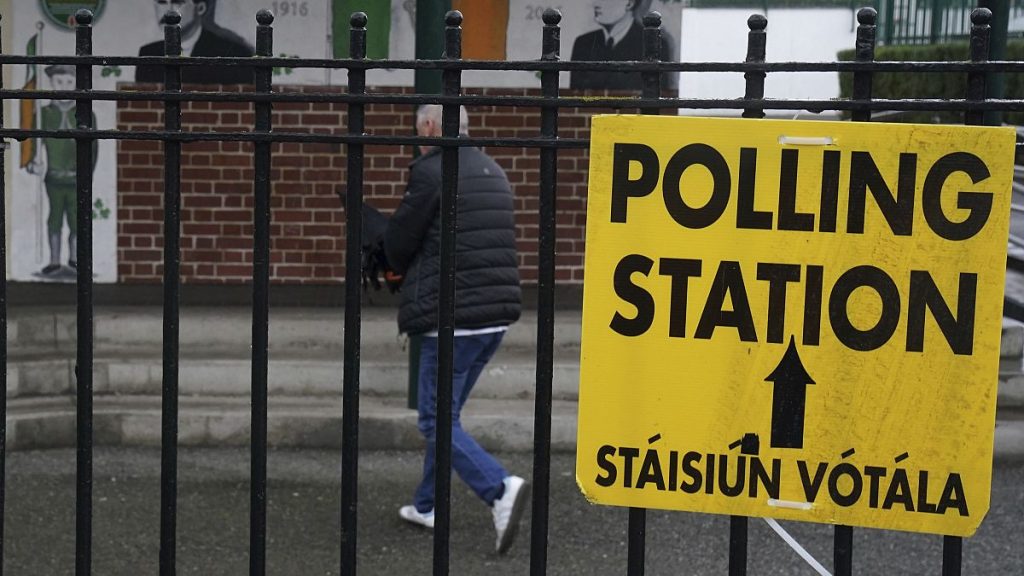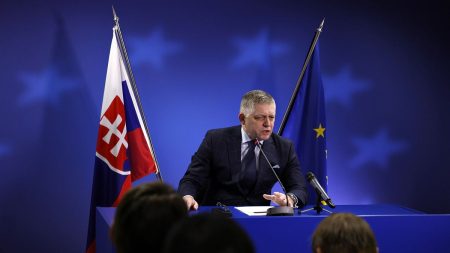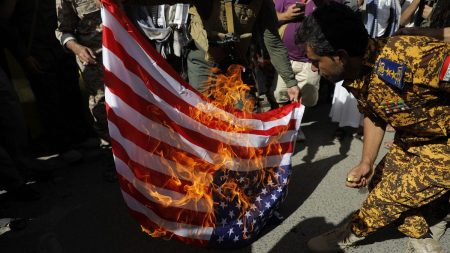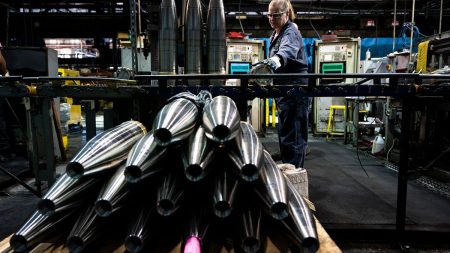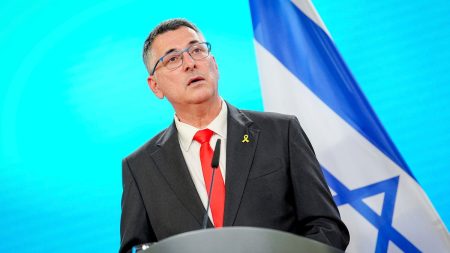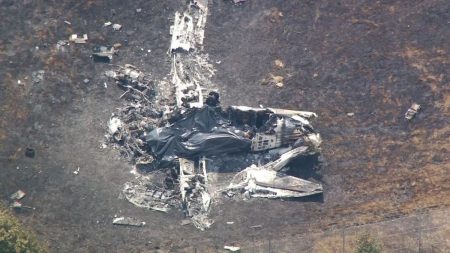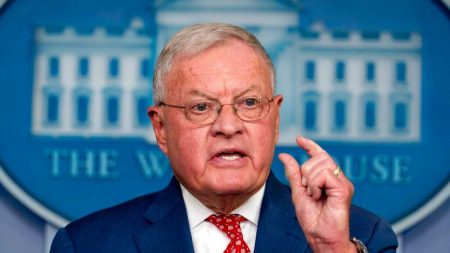The recent Ipsos B&A poll, conducted in Ireland during the parliamentary elections, indicated a tight race among the leading political parties, with the centre-right Fine Gael slightly ahead at 21% of the vote, followed closely by its coalition partner, Fianna Fáil, which garnered 19.5%. Third in line was the left-of-centre party Sinn Féin, accounting for 21.1% of public support. As the counting of ballots commenced, analysts anticipated that the process could take several hours to days, primarily due to Ireland’s complex proportional representation system known as the single transferable vote. This voting system allows for a nuanced reflection of voter preferences, often resulting in coalition governments, which has become a prominent feature of Irish politics.
The preliminary results indicated a potential continuation of coalition governance in Ireland, raising questions about whether the election would deviate from the global trend of incumbent parties being voted out due to public discontent following the challenges posed by the pandemic and escalating cost-of-living crises. Sinn Féin, which has positioned itself as a messenger of change, expressed optimism about its performance, with the party’s election director suggesting they might emerge as the largest political entity in the Dáil, albeit facing obstacles in securing coalition partners. Both Fine Gael and Fianna Fáil have historically been reluctant to form alliances with Sinn Féin, stemming from ideological differences and the latter’s historical ties to the Irish Republican Army.
Dominating Irish politics for the last century, Fine Gael and Fianna Fáil share similar centre-right positions but are traditional adversaries, rooted in the divisions of the civil war in the 1920s. Their recent coalition, which was necessitated by the inconclusive outcome of the 2020 elections, involved a rotation of the Taoiseach role, with Micheál Martin of Fianna Fáil serving first and later succeeded by Leo Varadkar of Fine Gael. Following Varadkar’s resignation in March 2023, Simon Harris took over as the current Taoiseach. Despite Sinn Féin’s breakthrough showing in the 2020 elections, where it topped the popular vote, the party remains outside the governmental framework due to the existing coalition’s refusal to collaborate.
The housing crisis emerged as a pivotal issue during the election campaign, exacerbated by the long-standing failure to address housing supply and affordability. The repercussions of the Celtic Tiger boom and the subsequent 2008 financial collapse have left Ireland grappling with soaring property prices, skyrocketing rents, and homelessness. The complexities of this crisis are magnified by an influx of immigrants, including over 100,000 Ukrainians displaced by war and numerous asylum-seekers from regions suffering from poverty and conflict. The country’s struggle to provide adequate housing for these populations has led to public unrest and the emergence of makeshift living conditions, such as tent camps.
In contrast to several other European nations, Ireland does not feature a significant far-right political faction; however, surging anti-immigrant sentiments are prevalent, particularly on social media. This has ignited hostility towards certain migrant groups, threatening social cohesion. Some independent candidates with far-right leanings are also vying for election across various districts, exacerbating divisions within the societal fabric. The current political climate reflects intensifying debates around immigration, housing policy, and the broader implications for Ireland’s national identity in light of demographic changes.
As the final results unfold, political analysts will scrutinize the implications of these votes, notably in the context of whether Sinn Féin can capitalize on its strong showing to establish a foothold in government or if bystanders Fine Gael and Fianna Fáil will manage to maintain their authoritative positions. Regardless of the electoral outcome, the ongoing challenges surrounding the housing crisis and immigration will remain critical subjects for the incoming government, necessitating robust policy responses to address these pressing issues and reflect the populace’s aspirations in the years ahead.
